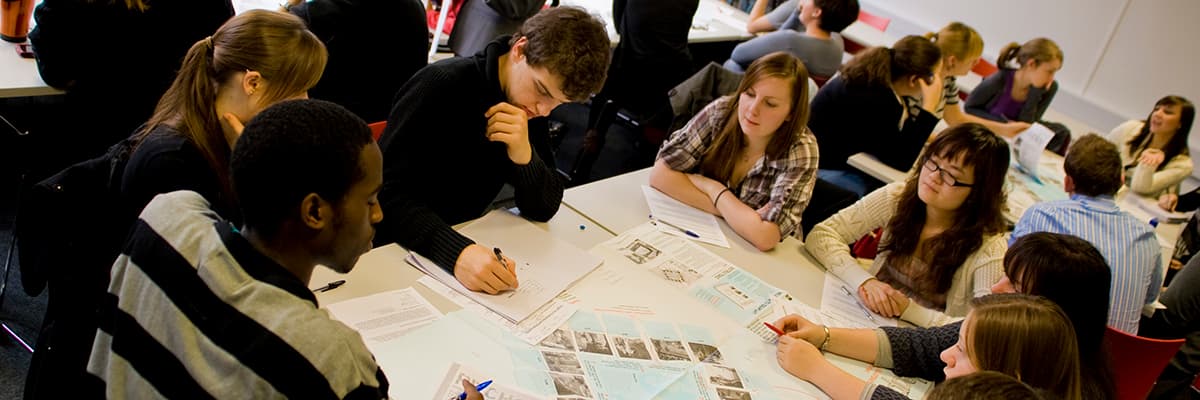Enterprise at Lancaster
What is Enterprise Education and why do we do it at Lancaster?
What is Enterprise Education and why do we do it at Lancaster?

Entrepreneurship is the capacity to turn ideas into action and generate cultural, social and economic value for someone other than oneself.
It's truly inspiring how many students are passionate about making the world a better place by taking personal action to tackle societal and environmental challenges. This is no small undertaking, so we want to ensure that every student's education experience includes opportunities to develop the skills, know-how and mindsets these ambitions require. We do this through Enterprise Education.
Enterprise Education is not only about things you need to know and be able to do, it's about how you learn them. Entrepreneurial learning is not theoretical, and almost certainly different to the academic learning required to successfully gain a degree. It's about doing, inevitably getting things wrong, reflecting on why, getting back up, and trying again, only better.
Through this process, you will develop what we call Entrepreneurial Competencies, based on our adoption of EntreComp, the European Entrepreneurship Competence Framework.
Want to know more about WIP?EntreComp defines 15 distinct areas that entrepreneurial people exhibit to different degrees, and they can all be developed through entrepreneurial learning. Equipped with these competencies, you will have the resilience required to take risks, the vision to inspire others to work with you, and the creativity to unlock the resources you need to deliver sustainable solutions to problems of all shapes and sizes.
Intrigued? Find out more and assess yourselfJust do something...but consciously and with purpose
Chances are you're already doing things that provide opportunities to develop your Entrepreneurial Competencies without even realising it. Maybe you are in a society or a club, maybe you have a leadership role on an Exec or College JCR, maybe you have responsibilities in your personal life, or have hobbies and interests that call on your creativity or ability to work with others. There's no one way, and no wrong way.
Rather it's about looking at these activities through the lens of entrepreneurial development, considering what competencies you have already developed and draw on when you do them, and considering where you have room for growth and improvement.
Sometimes this can be achieved through personalised practice, but never underestimate the power of collaboration, working with others whose skills and experience complement your own, even buddying up to create teams and partnerships that are greater than the sum of their parts.
We have established our own partnerships with other like-minded teams at the University to ensure there are always opportunities and safe spaces to meet others and try these out, for example Green Lancaster's annual inter-College EcoChallenge.
See what's coming up at Work in ProgressAbsolutely, and while we've been doing it at Lancaster for more than 15 years, it's been a formally recognised component of what makes an excellent university since 2018.
This recognition was provided by the Quality Assurance Agency's publication of official guidance for all UK universities in January 2018, which states:
This guidance underpins our own rationale for prioritising Enterprise activities at Lancaster, and we draw on the robust and widely transferrable methodologies and approaches of Lean Entrepreneurship, Human Centred Design and Social Learning throughout our own service delivery.
Download the QAA guidance documentFor information about our previous ERDF project, U Start, please visit the legacy page here.
